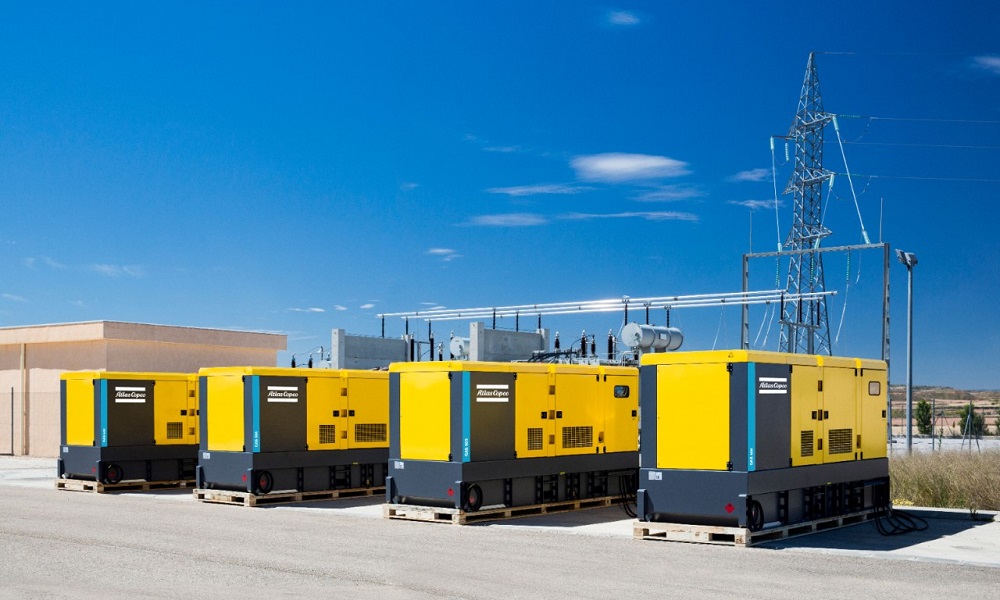8 Tips for Buying a Generator
Whether it’s serving as a backup power source for your home or your business, a generator can be a wise investment. When the electricity in your block is completely gone, with no hope of immediate storage, you can flip a switch and generate enough power for all your needs – and possibly help your neighbors at the same time.
However, if you want to get the right model and maximize the value you get from the machine, you’ll need to follow a handful of essential tips.
Tips for Buying a Generator
Before getting a generator, make sure you follow these pieces of advice:
- Be prepared for ongoing maintenance. Depending on what type of generator you’ve purchased, you may be responsible for conducting regular maintenance to ensure it remains in good condition. Running the generator for a few minutes to an hour, at least a couple times per year, can ensure your generator remains in operating condition when you need it most. Generator maintenance also gives you a chance to ensure all fluid levels are appropriate, that you have plenty of fuel, that all your belts, hoses, and other mechanical points are working, and that no other standing issues need to be addressed. It’s much better to fix these issues during routine maintenance checks than during a genuine emergency.
- Understand your personal motivations. There are many good reasons to buy a generator. You might be interested in backup power, so your business is never caught off guard. You might have lost power to your home during a brutal storm last season and vowed to never go through such an experience again. Whatever the case, there are different generators for different purposes, so it pays to know your driving motivation in advance.
- Make a list of everything you want to power. Imagine a power outage for a moment. What are the key things you need to power? If you’re an average homeowner who just wants some backup power for essentials in case of an outage during a storm, you might only need to power your lights and a handful of appliances. If you want to live a completely normal life during a power outage, you’ll need to provide power to the entire home.
- Finish calculating your power needs. Once you have a list of everything you’ll want to power during an outage, try to figure out how much power you’ll need to start and run your appliances. Measure or estimate the “starting wattage” necessary to launch each appliance that features a motor; this is often two or three times the “running wattage” necessary to keep the appliance working. Find the highest starting wattage among all the appliances you have, then calculate the total running wattage you need by adding up the running wattage of all your appliances. These two factors will help you determine how big of a generator you’ll need. For reference, many portable generators offer between 900 and 10,000 watts.
- Pay attention to runtime. Different generators offer different levels of runtime, given a fixed amount of fuel. You can always refuel, but if you’re hoping to last as long as possible on a single tank, your runtime can come into play.
- Check out optional features. Generators come with a host of other features that are all worth considering. For example, some generator units are completely weather protected, with panels that shield your unit from precipitation, dirt, and debris; this is ideal if you plan on using your generator outside during harsh conditions but may not be necessary in all cases. Some generators have special alternators that provide additional surge wattage, giving you the extra oomph you need to start some appliances. You can also find generators with mufflers, reducing the noise produced for a more pleasant experience all around.
- Shop around. Even if you have a specific generator in mind, take the time to shop around. You can often find the same unit offered for a much lower price on a different platform, or if you use a discount code.
- Consider your other needs. Finally, take a moment to consider your other needs. If you’re buying a generator, you’re probably interested in disaster preparedness. Do you have a written plan in place for how your family or your business is going to respond to a genuine emergency or natural disaster? Do you have other supplies, like water and food, in place?
Testing the Generator
After buying your generator, it’s a good idea to test it out. This will give you confidence that the unit is working as intended and will give you a chance to rehearse operating the generator under calm, manageable conditions. When an emergency arrives, you’ll be ready.







